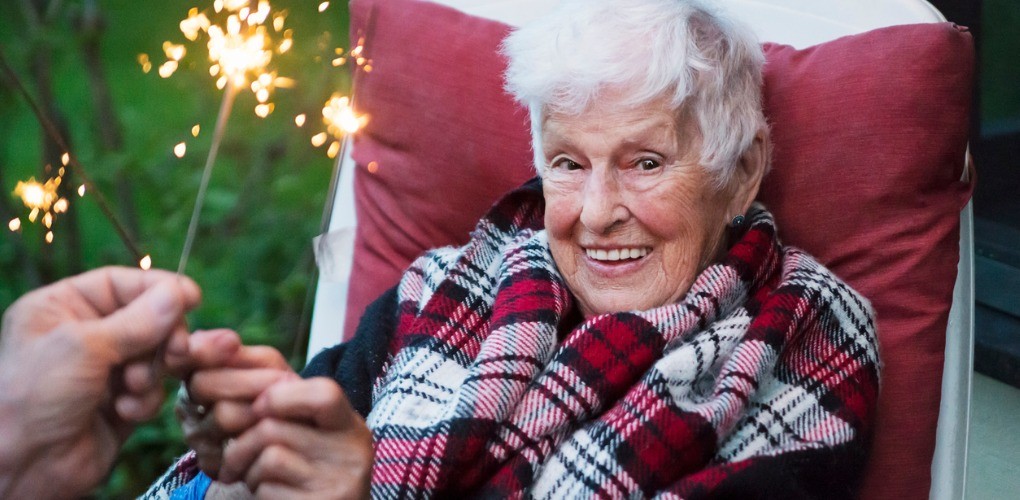I experienced exploitation

Janette's story
As told by the bank employee
How did you realize that your client was experiencing financial exploitation?
Janette had been a long-time client of our bank. In recent years, she had started having memory and concentration problems and was diagnosed with Alzheimer’s disease. She was very close to her family, especially her daughter and son-in-law. She had given them a banking authorization to make it easier for them to make transactions for her. One day, I noticed that several large withdrawals had been made in close succession. After that, I requested a second signature to cash a cheque. We never received the second signature, which was supposed to come from Janette’s sister. Janette’s son-in-law then came to the bank with a different cheque, but we did not cash it. Because of these two incidents, I contacted the Commission.
What was the outcome of the Commission’s investigation?
Janette had always been generous with her family, and would often loan money to her loved ones. However, since her illness began, these people had stopped paying her back. In three years, she had written more than 20 cheques to her daughter and son-in-law, for a total of $250,000. The investigation determined that Janette had not been in a position to make these loans, given her serious cognitive impairment at the time they were made. Her daughter and son-in-law were ordered to pay more than $250,000 in material, moral and punitive damages for exploiting their mother and betraying her trust.
Do you have any advice for people at risk of exploitation or their loved ones?
If possible, it is best to appoint more than one person as the tutor to handle a person’s finances. It is also important that to receive regular statements and accounting from these people, so you can double-check all the transactions that have been made on the accounts.
Commonly, the people who are actually experiencing the exploitation do not notice it, or do not report it. An elderly person’s family and community should be attentive and should not hesitate to ask for advice or file a complaint if they suspect any exploitation.
What is exploitation?
Exploitation means taking advantage of someone’s vulnerability or dependency to deprive them of their rights.
Are you a witness or a victim of exploitation?
To report financial abuse or exploitation of an elderly person, you can:
- contact the Mistreatment Helpline from 8:00 a.m. to 8:00 p.m., seven days a week, at 1 888 489-2287.
- file a complaint with the Commission.
